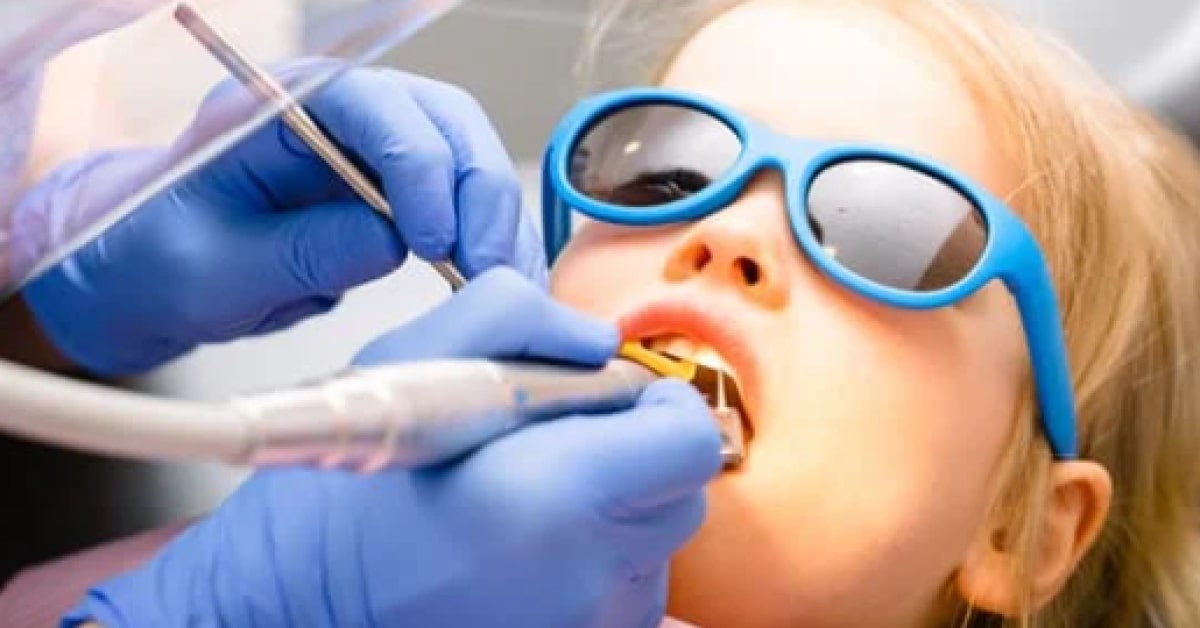Blog
February 09, 2023 • 10 mins readDentistry and Cancer: The Link And The Solution
Learn more about the connection between oral health and cancer, and how to protect yourself and your loved ones.
Author

Crystal May
Director of Medical Billing Education for Devdent

In this Article
2018 was a rough year for me and my family, but one that confirmed that I am on the right professional path. With October being Breast Cancer Awareness Month, I am moved to share this story as it is very close to my heart and my work. It brought great inspiration and reflection to what I do daily in the dental industry.
Early in the year my father, at the age of 68, was diagnosed with Non-Hodgkin’s Lymphoma. A stage four diagnosis, unfortunately, because it was in his spine and already metastasized to the bone. He had surgery, chemotherapy, and radiation over the course of 10 months. About halfway through his treatment, my mom, age 66, went in for a routine mammogram. After some abnormal findings and a few more tests, it was confirmed that she had unilateral breast cancer. Fortunately, it was caught very early and did not require radiation or chemotherapy. She had a mastectomy in October without complications.
I’m happy to report that 2019 has resulted in both of my parents being considered in remission! As their only daughter and their health care advocate, having both of my parents diagnosed and treated for cancer in the same year was very challenging. It really makes you think about health and life, which reaffirmed my passion for my work. I am thrilled to help dentists and their team members implement processes that can both straighten their practices and change patients’ lives.
Why dentistry?
In dentistry, there are many ways to affect and change lives. Whether it be through prevention and establishing early hygiene habits, cavity detection, and treatment, helping a patient out of pain, treating periodontal disease, replacing missing teeth to restore function, or even helping a patient love their smile. All of these things change lives. Most dentists would agree that this is what motivated them to study dentistry in the first place. They wanted to help patients.
Over the last decade, the ability to help patients has grown as dentistry has really evolved into health care. The idea that the oral cavity is not tied to the rest of the body is a stigma that is slowly but surely being corrected. No one can deny the evidence that what happens in the mouth, and the treatment that dentists provide affects the overall body.
Dentistry and Cancer
Nothing has aided this evolution more than sleep medicine. As one of the first procedures that are exclusively billed to medical insurance and can only be provided by a dentist, it is the great stepping stone that ties dentistry and medicine.
If you research sleep medicine at all, you know that poor sleep and, specifically, sleep-related breathing disorders like obstructive sleep apnea are linked to countless health conditions. Alzheimer’s, dementia, stroke, heart disease, hypertension, acid reflux, snoring, weight gain, diabetes, and depression, just to name a few.
Numerous studies have shown that there is also a link between obstructive sleep apnea and cancer. Not only an increased risk of developing cancer, but also an increased rate of mortality due to cancer.
One study involving thousands of patients in Spain found that those with the most severe forms of sleep apnea had a 65% greater risk of developing cancer. Another study of about 1500 government workers in Wisconsin showed that those suffering from breathing abnormalities at night had five times the rate of dying from cancer compared to people without a sleep disorder.
What Can Dentists Do About It?
As I see it, the dentists’ role in health, specifically in screening and treatment for sleep disorders, has as much impact on overall health as any other division of medicine. What a fantastic opportunity for a dentist to expand their practice and reinforce their position as a healthcare provider.
To come full circle, I will mention that both of my parents have severe obstructive sleep apnea. Both have been seeing medical providers routinely for the last few decades, and there was no mention of their sleep health or getting them tested.
The first healthcare provider to bring up sleep apnea to them?
Their dentist.
The only reason they were tested and subsequently treated for sleep apnea?
Their dentist.
Hindsight is 20/20, but I often wonder, “If their sleep apnea was diagnosed 20 years ago, would their health outcome be different?”
According to the above-referenced study, having untreated sleep apnea increased their risk of developing cancer by 65%. With this evidence, I truly believe that dentists have an opportunity to change healthcare.
If you could screen, test, and treat a patient in their 30s–who would otherwise go undiagnosed for decades–think of the one life you changed. Your diagnosis and treatment could prevent them from suffering from any one of the conditions linked to sleep health above. If you implement a “Screen Every Patient” protocol, think of the thousands of lives you could change and possibly save.



